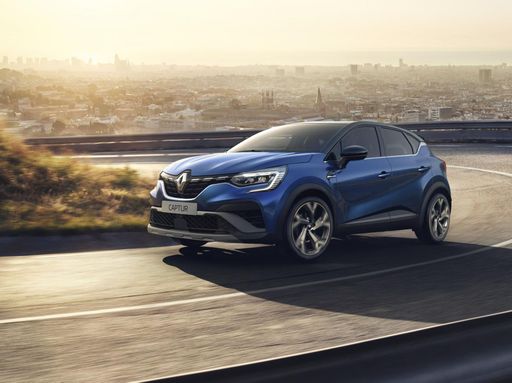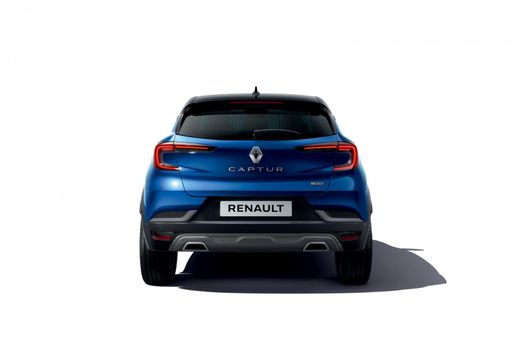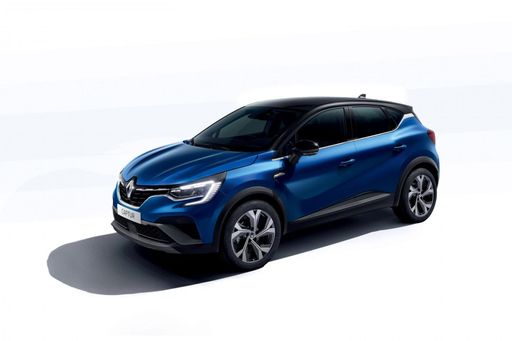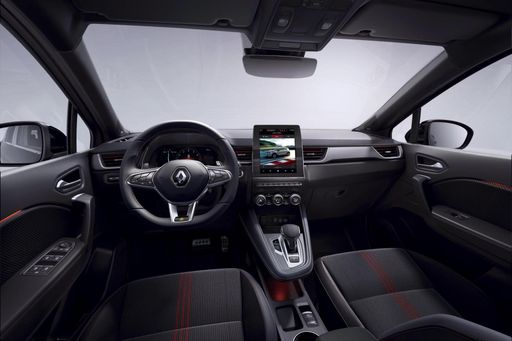Street attitude: who turns heads?
The Renault Captur arrives with a jaunty, expressive look that feels intentionally playful, while the Toyota Yaris Cross wears a more buttoned-down, confident stance that says “practical chic.” In the city both manage to look stylish, but they do it with very different personalities — one is extroverted, the other quietly assured. If curb appeal matters, your choice will say more about you than about your commute.











